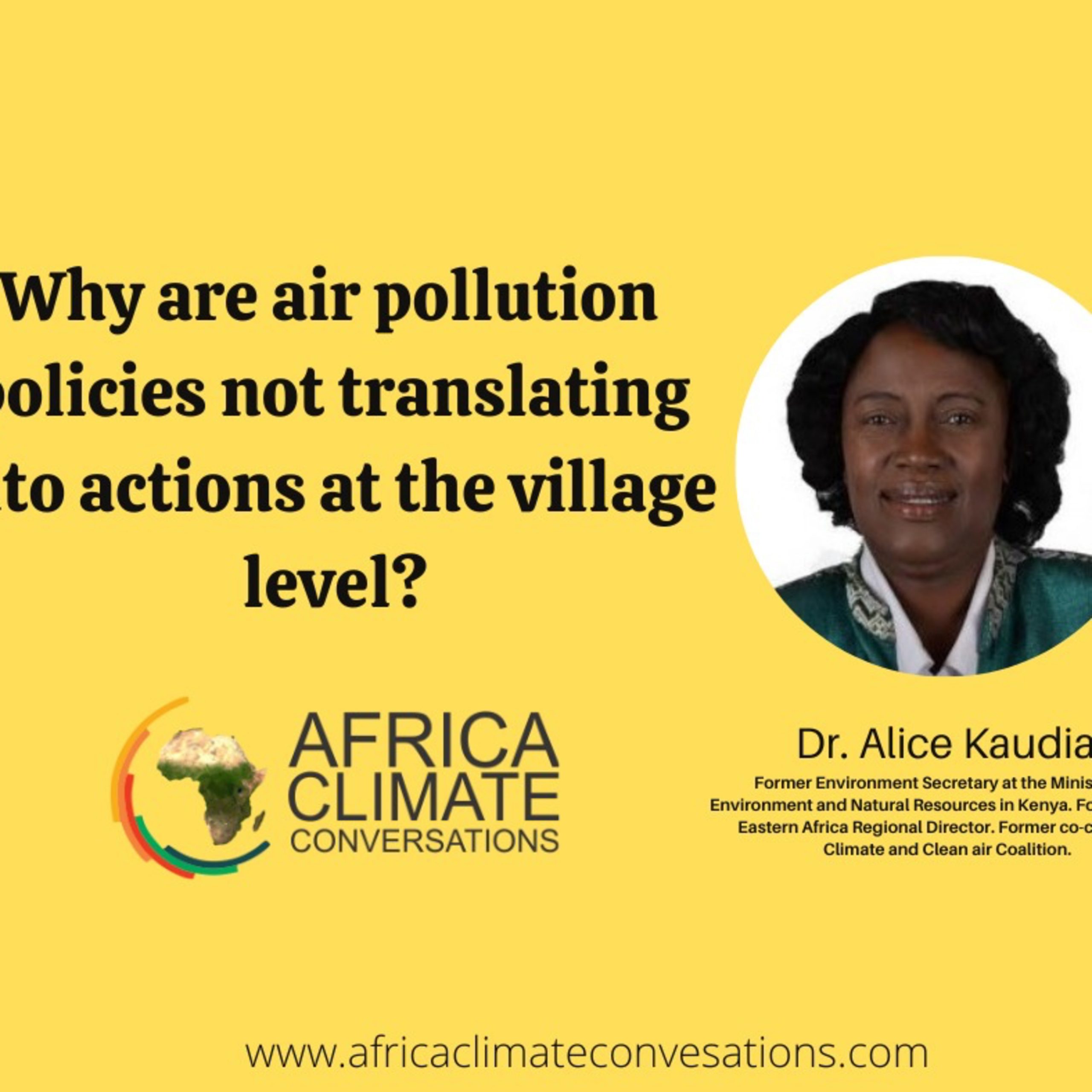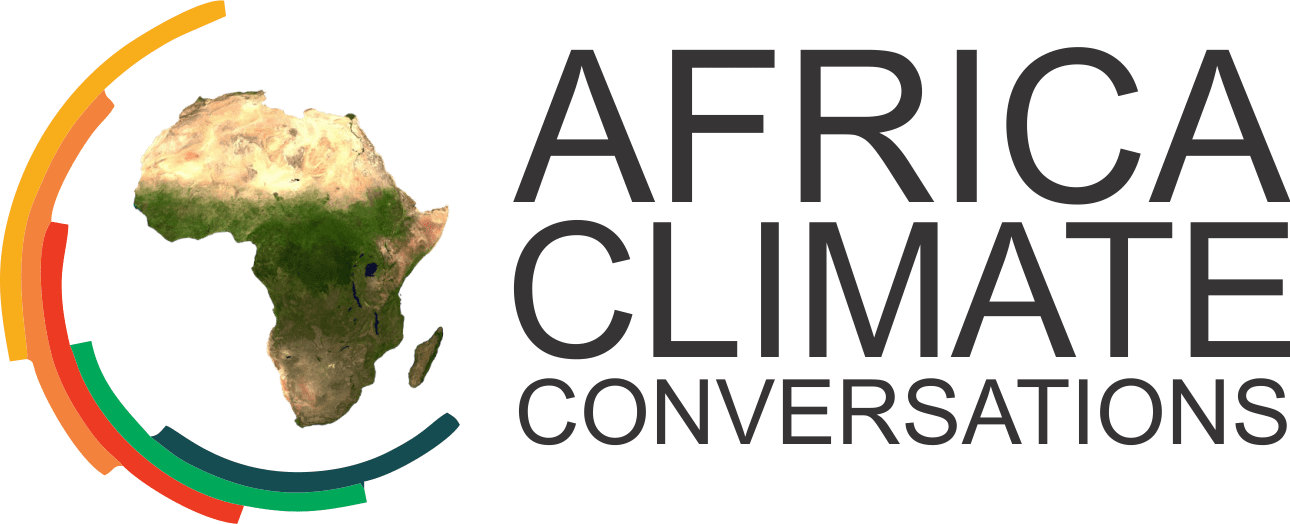
Cities in Africa are fast-growing. Sub-Saharan Africa is projected to have 13 megacities by 2100. A 2021 UN Environment report on Air Pollution and Development in Africa shows that outdoor air pollution was responsible for an estimated nearly 400,000 deaths across Africa in 2019.
Economically, countries like Ethiopia, Ghana, and Rwanda annually are recurring losses in the economical production of between 0.08 and 0.3 per cent of gross domestic product. Sucking in dirty is the leading cause of sick and unproductive workers.
In 2019 Ethiopia lost approximately $2.71 billion, Ghana $1.38 billion in Ghana, and Rwanda $308 million in output due to air pollution-related premature death.
In today’s episode with Dr Alice Kaudia, the former Environment Secretary at the Ministry of Environment and Natural Resources in Kenya, we discuss interlinkages between development and air pollution. Government policies, especially in sub-Saharan Africa, are not translating into actions at the village level despite the high health losses and the way forward.
